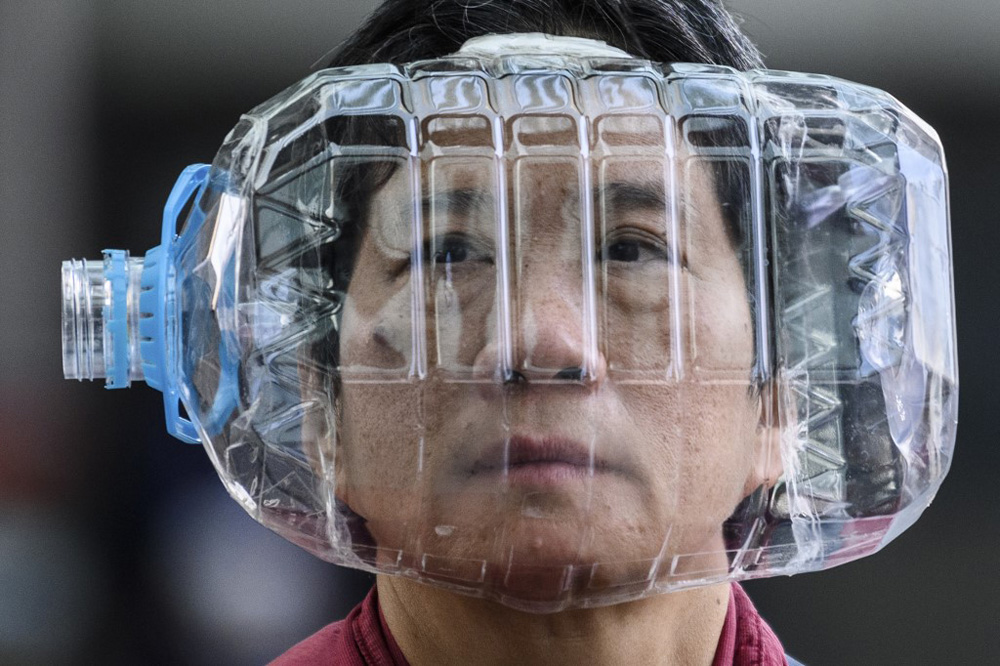Download The Free Guide
Discover practical conversation skills to get unbelievers thinking and make way for the Spirit’s work in their lives.
"*" indicates required fields

During this Corona Virus crisis those who have questioned the conclusions of scientists and the decrees of politicians have often been depicted as “science deniers,” a term most often assigned to anyone who questions the accepted pronouncements of climate change. As with climate change, however, the reason many people question or disbelieve the edicts from those at the top is simply that they don’t find the people making them to be trustworthy. Too many examples abound of scientists and politicians who are mistaken, revealed to have an agenda, or who act hypocritically.
There are some obvious violations of trust, such as “Dr. Lockdown” in the UK, Neil Ferguson, who was the architect behind the shutdown and social distancing there, discovered not to be social distancing from the married woman with whom he had a sexual tryst last week. Or the mayor of Chicago, Lori Lightfoot, who got a haircut last week, despite the fact that barbershops and salons remained closed under stay-at-home state mandates. While seemingly minor offenses, they go to show that sometimes authorities that enforce restrictions on others feel they themselves are above the law. This certainly does not encourage trust in the “experts.”
Less nefarious, but more to the point, scientists and doctors are sometimes wrong. Notice how the protocols for ventilator use have changed. Previously the experts said to use ventilators “this way.” Now many are saying to use them “that way,” or not at all in many cases. The shortage of ventilators has now become a glut. This is one of the problems with “trust the science.” Either the doctors were right in their first use of ventilators or they were wrong. If they were wrong, then they should not have been believed. If they were right at first, they need to explain now why the protocols have changed. The same is true of the use of face masks.

The very nature of science is one of ever-changing conclusions, as old “settled facts” are refined, revised, or overturned. In addition, scientists disagree among themselves, so that science does not speak with one unified voice in regard to many practical applications. This has become obvious in the home-made videos of doctors on the front lines of the COVID-19 crisis challenging the protocols they believed were killing patients. Scientific data has to be interpreted and two scientists can agree to the facts yet disagree on the interpretation of those facts.
When we factor in experts with a vested interest in certain conclusions, our skepticism about “always believing the experts” proves wise. Over 50 years ago Thomas Kuhn’s book, The Structure of Scientific Revolutionsexposed the illusion that science is a completely neutral venture. Science has to be funded and often comes with an agenda, scientists sometimes seek to enhance their careers at any cost, and sometimes they are simply wrong in their conclusions. As an example, Neil Ferguson predicted in 2005 that up to 200 million people could die of the bird flu. In reality, in the years before and after that prediction only a few hundred people died of the bird flu.
This is not an anti-science piece. It is rather a warning against scientism, the belief that science is the only path to knowledge because the material world is all that exists, and only science is equipped to discover knowledge of the material world. Scientism breeds a naivete and credulity about scientific authorities that is unhealthy because it is uncritical. Yes, science should be believed when it stays in its lane and recognizes its limitations, but when it seems less than objective and its purveyors stand to benefit from its conclusions, we the people ought to challenge the pronouncements of science and the resulting fiats from politicians until they can actually prove them to be true and necessary for the common good.
POCKET GUIDE TO EVANGELISTIC & APOLOGETIC QUESTIONS DOWNLOADABLE RESOURCE The Pocket Guide to Evangelistic & Apologetic Questions by Jeff Mindler...
“An ordinary male unrestrained by religious or moral scruple, and faced with a wide variety of willing partners who demand no emotional commitment, or even to...
In the Netflix documentary, Reversing Roe, at around the 28:00 mark, Sarah Weddington, the attorney who argued Roe v. Wade before the Supreme Court in 1973,...